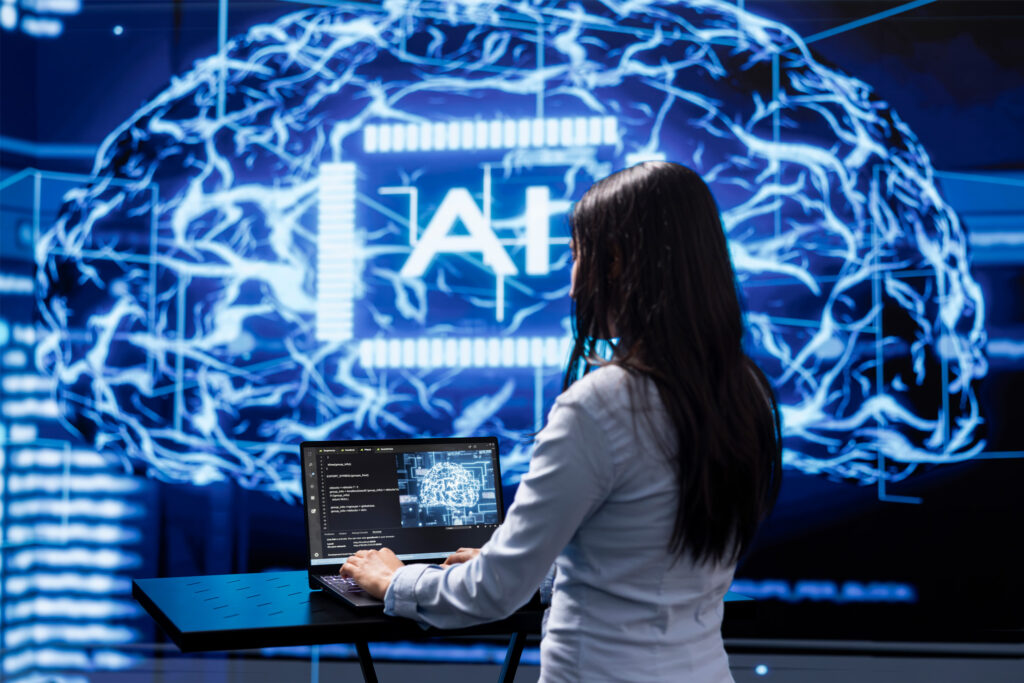
- Machine translation has made impressive progress but is still lacking in cultural adaptation
Tools like Google Translate and DeepL have revolutionised instant translation. It is now possible to grasp the general meaning of a text within seconds, regardless of the language pair. For international businesses, this is a major step forward in terms of productivity and accessibility.
However, these tools often overlook cultural, idiomatic, and social nuances. A machine translation may be grammatically correct, yet still miss the intended meaning, tone, or context. This means that human interpreters and intercultural experts still have a key role to play.
For example, in some cultures, using formal address (like ‘vous’ in French) is a crucial sign of respect, while others value a more informal approach. An AI system struggles to interpret such subtle differences without human input.
- Digital inclusion: a global challenge
As communication technologies evolve, ensuring linguistic and cognitive accessibility has become a key issue. To be truly inclusive, digital platforms must:
Provide clear, multilingual content;
Use simple, accessible language;
Integrate features for people with disabilities, such as subtitles, audio narration, and adapted formats.
Companies like Fluent Planet are helping organisations make this shift, ensuring that technology does not create new barriers, but instead serves as a tool for inclusion and accessibility.
- AI and multiculturalism: getting closer to human intelligence
The use of conversational AIs such as ChatGPT, multilingual chatbots and voice assistants, is rapidly growing in popularity for engaging with international audiences. But for these tools to be truly effective, they must be trained to recognise cultural differences, local references and unique social characteristics.
This is why it is essential to involve intercultural communication experts in the training of AI systems, to prevent cultural bias, avoid misunderstandings, and ensure respectful interactions.
Main sources:
UNESCO – Digital inclusion and linguistic diversity https://en.unesco.org/themes/information-inclusion
Common Sense Advisory – Localisation and digital accessibility https://csa-research.com
DeepL vs Google Translate: Cultural Limitations https://www.theverge.com
MIT Technology Review – AI and Cultural Bias https://www.technologyreview.com
